Rowan County Schools Use Tomatoes to Teach
Agricultural education students in Rowan County’s high schools – South Rowan, West Rowan, East Rowan and Jesse Carson – can legitimately call themselves tomato farmers and researchers. Over the past two winters, the students took on a project designed to teach the rigors of science with a $10,000 grant from America’s Farmers Grow Rural Education program.
“Why did we pick tomatoes? It fit our schedule. Greenhouse tomatoes grow at a time when not a lot of things are growing,” says South Rowan ag educator David Overcash. “Our idea was to do something collaboratively in the county with all the ag programs,” he says. A project that offered “true scientific research.” He credits Dr. Jeremy Pattison with the research design creation. Now with Driscoll’s in California, Pattison worked on the project while he was at the North Carolina Department of Agriculture & Consumer Services’ Piedmont Research Station.
Helping the county’s high school students understand research fit the Piedmont Research Station’s mission. “Tomatoes were a good vehicle to let the young folks see what the experimental concept is,” says Joe Hampton, the station’s superintendent. “Each of the research projects stood alone. But when you put all the projects together, it addressed the production system of growing greenhouse tomatoes.”
Each school tested different aspects of growing tomatoes, though there was some overlap, Overcash says. “For example, at my school, we did a suckering treatment,” he says. On the plants, South Rowan students pruned all suckers, pruned no suckers or pruned to industry standard.
SEE MORE: Tomato Tests
Other schools varied the amount of nitrogen application, pot size and plug size of the plants. “They saw a plant from start to finish, and they had a lot of ownership,” Overcash says.
South Rowan High School graduate Haley Shore remembers the tasks included picking, sizing and culling tomatoes, while writing down each bit of information.
“When the [tomatoes are] outside, the wind or bees will pollinate them,” she says. “But since these were greenhouse tomatoes, you had to use a pollinator stick.” Rather than growing more expensive greenhouse varieties, the schools used traditional field varieties: Carolina Gold, Crista, Fletcher and Floralina in 2012-13 and Carolina Gold, Cherokee Purple and Crista in 2013-14.
Did the tomatoes taste good? “Um, I like the smell, but I don’t eat them,” Shore says.
The tomatoes were donated to two local charities, Unity Mobile Meals and Main Street Mission, and some were sold at Father and Son Produce in Salisbury. The grant only covered the first year, so the schools’ FFA chapters footed the bill on the second year’s research, Overcash says.
“FFA is an integral part of our curriculum,” he says. “You can’t separate ag education and FFA.”
The grant has been awarded again for 2014-15. “We’ve kicked around several ideas, one being food safety,” says Overcash, now in his 18th year as an educator.
Hampton says the Piedmont Research Station is happy to remain involved.
“Now that Dr. Pattison is gone, we hope to marry up another project leader with the FFA and ag students, and just keep moving this forward,” he says. “Understanding the experimental concept will allow [the students] to interpret every decision that they make for the rest of their lives. We hope that understanding will go with them in any field they pursue.”
It’s already made a difference to Shore, now a freshman at North Carolina State University.
“The main thing I learned out of this project was how important research is and how important it’s going to be in agriculture,” she says. “I also learned a statistic that says, by 2050, we’re going to have to produce as much food or more food than we have in the past 10,000 years. The only way we’re going to be able to do that is through research.”
That’s one of the reasons she chose the major that she did – agricultural education. “I didn’t come from an agricultural background,” Shore says. “But I realize its importance, and that it’s something I want to be a part of. Teaching is my calling to do that.”
– Nancy Dorman-Hickson


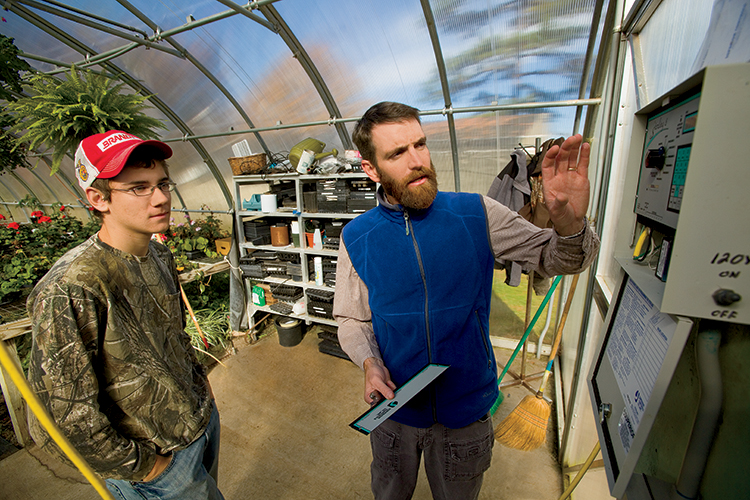

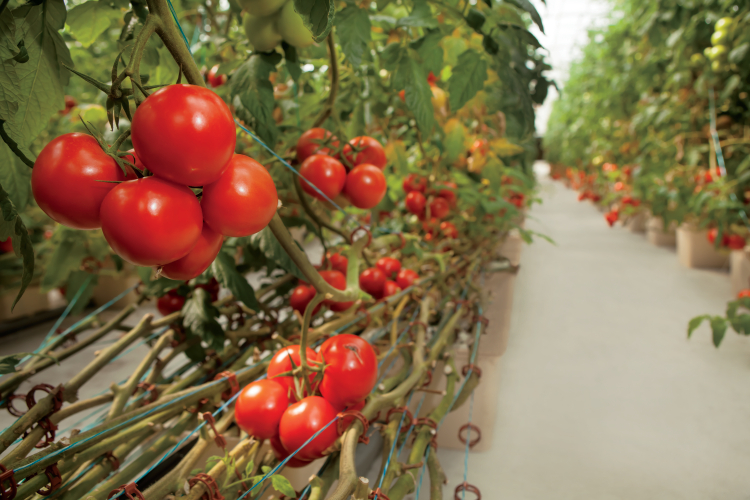
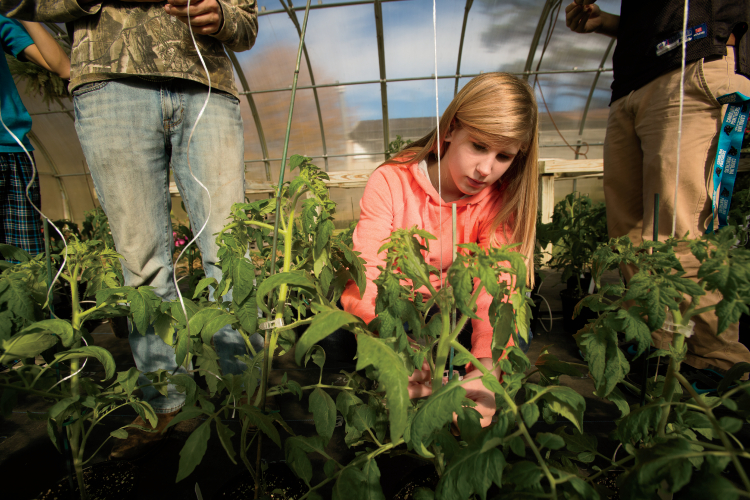
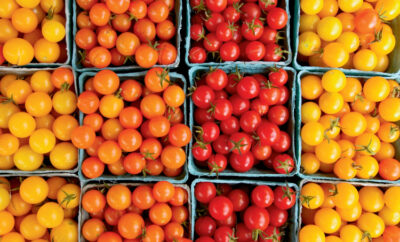
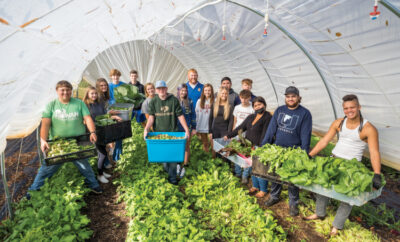

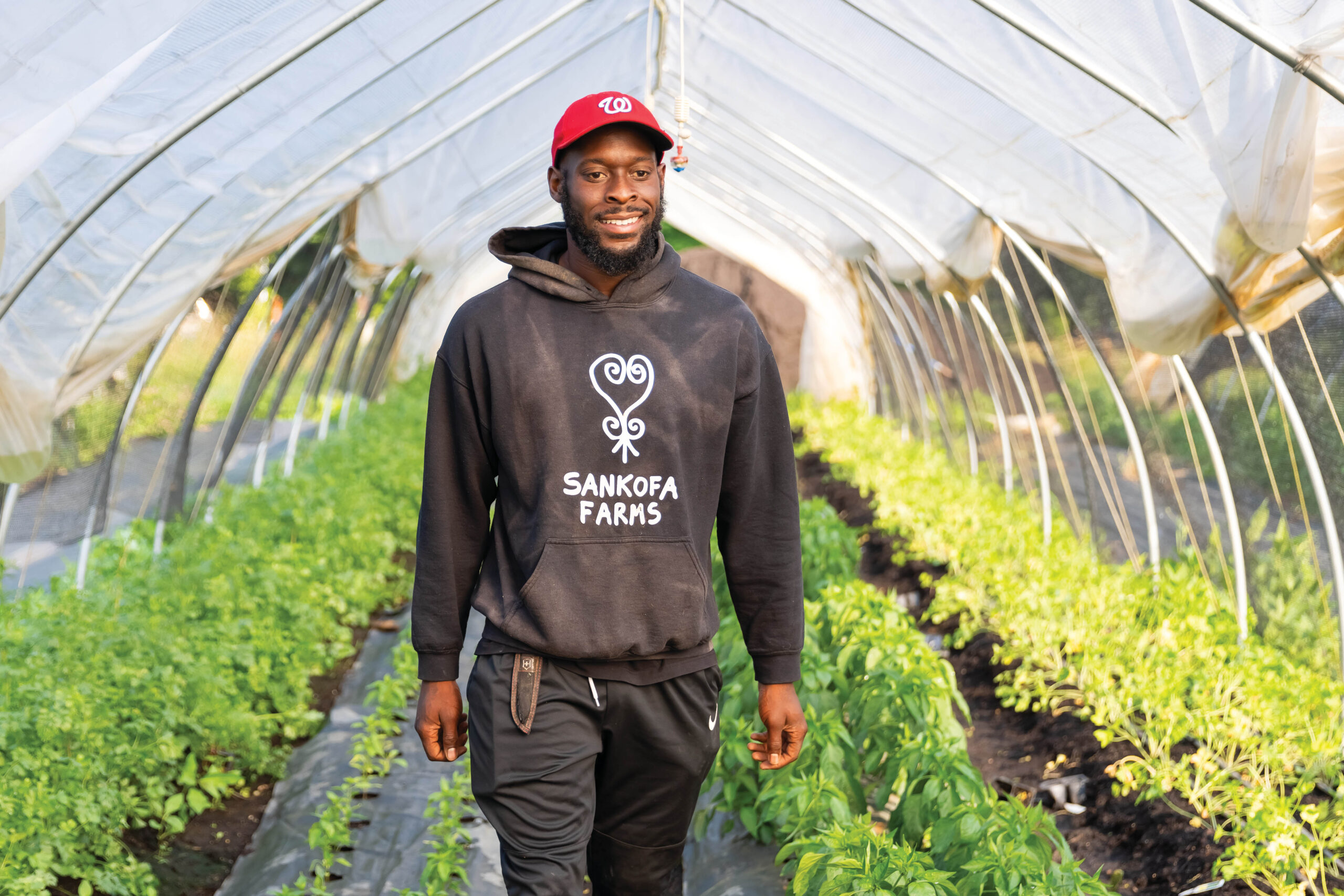
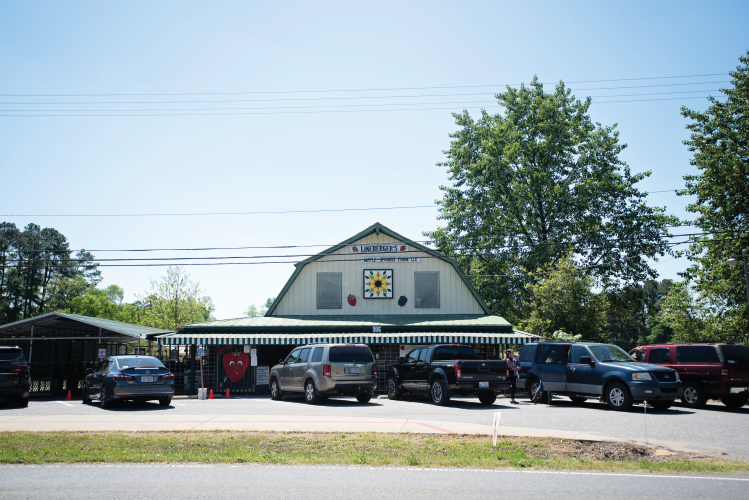
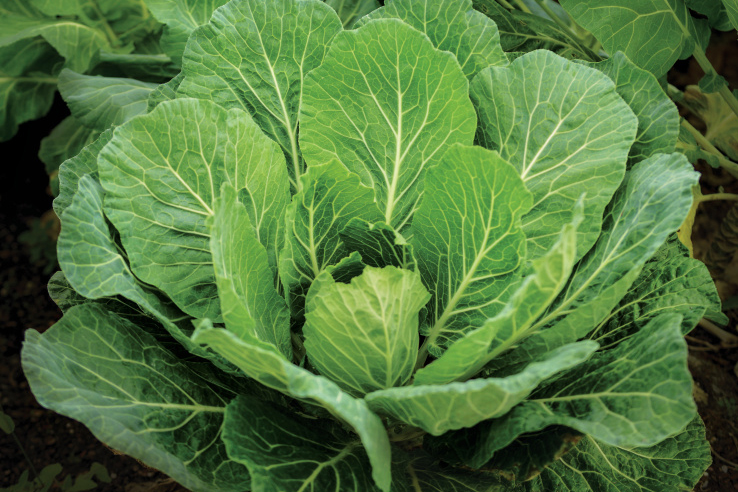
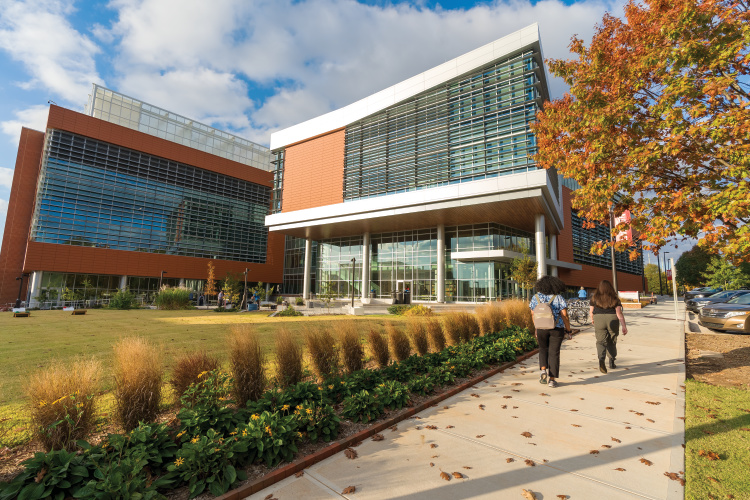

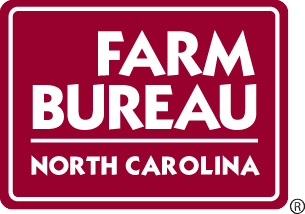
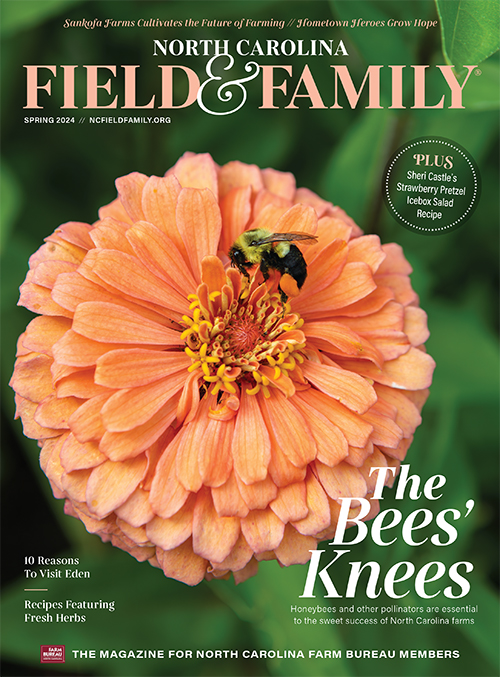 North Carolina Field and Family magazine highlights farms and foods, events and attractions, and interesting people and places throughout the state.
North Carolina Field and Family magazine highlights farms and foods, events and attractions, and interesting people and places throughout the state.
Leave a Comment